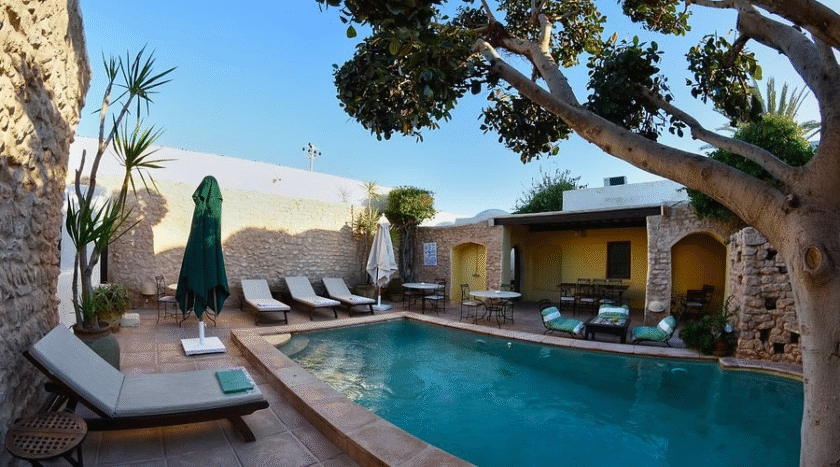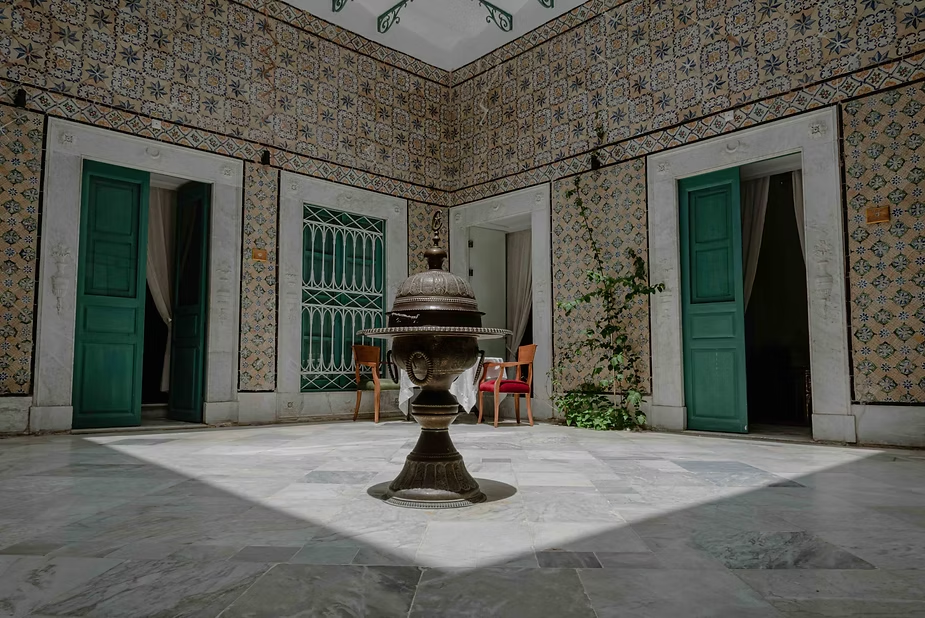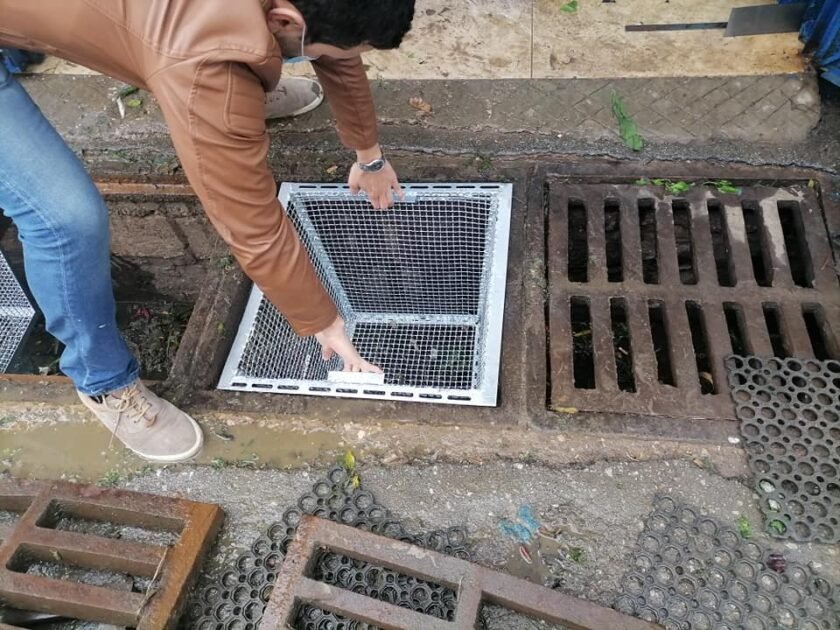Long dominated by coastal resorts and all-inclusive packages, Tunisia’s tourism industry is undergoing a quiet but promising transformation. A growing number of travelers are turning away from mass tourism and discovering the charm of guesthouses, rural lodges, motels, and even eco-campsites—an alternative model rooted in authenticity, personalized hospitality, and local heritage.
This shift is being supported by new regulations announced earlier this year. In April, Minister of Tourism and Handicrafts, Sofiene Tekaya, revealed the implementation of four official regulatory frameworks aimed at replacing the current licensing system. The goal: to simplify the procedures for opening and managing these alternative accommodations, and accelerate the development of what the Ministry sees as a “vital sector” for Tunisia’s tourism future.
As of mid-2025, approximately 2,000 guesthouses and rural lodges are active across Tunisia—a number that continues to grow as interest rises from both domestic and international travelers.
From Coastlines to Countryside: A Changing Landscape
Tunisia’s sun-drenched beaches in destinations like Sidi Bou Saïd, Djerba, Hammamet, and Mahdia have long cemented the country’s place among top Mediterranean holiday spots. In 2024, the country welcomed over 10.2 million international visitors, a return to pre-pandemic levels. That momentum continues into 2025, with tourism numbers up by more than 10% in the first half of the year, fueled by returning European tourists, a rise in Algerian visitors, and a healthy domestic market.

Yet behind this renewed growth, a new trend is emerging—more discreet, more local, and potentially more sustainable. Increasing numbers of travelers are venturing beyond the beach, seeking out Tunisia’s inland mountains, Amazigh villages in the Dahar region, palm groves in the south, and the serene countryside of the northwest.
Guesthouses: A Strategic Alternative
Often led by passionate entrepreneurs—Tunisian and foreign alike—these guesthouses are more than just places to stay. They embody a holistic vision of sustainable tourism, supporting:
- Local Economies: by generating employment, boosting handicrafts, and promoting local produce and short supply chains.
- Environmental Conservation: by limiting overdevelopment and preserving landscapes and natural resources.
- Cultural Exchange: by fostering genuine encounters between visitors and residents, and preserving traditional know-how.
“Guesthouses are a strategic asset for a tourism sector seeking meaning and resilience,” said a representative from the Tunisian Federation for Sustainable Tourism.
From restored Andalusian homes in the medina of Tunis to troglodyte houses in the mountains of Dahar, rural lodges in Cap Bon olive groves, or renovated Berber kasbahs in the south, these accommodations offer much more than a bed—they offer connection.
Travelers are welcomed like guests, not clients. The cuisine is homemade, often from local ingredients, and shared at communal tables. Visitors leave with more than photos: they leave with stories, memories, and sometimes new friendships.
Toward a More Balanced and Resilient Tourism Model
The Tunisian Ministry of Tourism, supported by the National Tourism Office and its director Mehdi Haloui, has clearly expressed its ambition to develop a “plural tourism” model. This vision embraces both the strengths of traditional coastal tourism and the potential of alternative offerings.
As Tunisia enjoys a renewed surge in tourism in 2025, experts caution against complacency. Investing in guesthouses and rural tourism represents not just a complement, but a vital counterbalance to mass tourism—one that aligns with global travelers’ growing appetite for meaningful, immersive experiences.
Promoting and supporting this segment could help Tunisia build a more balanced, equitable, and sustainable tourism industry for the years ahead.
TunisianMonitorOnline (Team)




